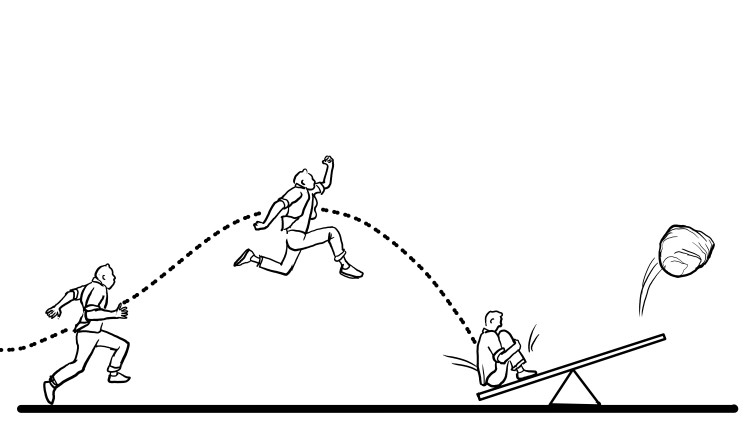The levers of negotiating power
The most important levers of negotiating power are:
- How much time do you and your negotiation partner have for the negotiation?
- How much do you know about your negotiation partner and how much does your negotiation partner know about you?
- Who else is available as a negotiating partner for your project?
- How good is your Plan B? How good is your negotiation partner’s Plan B?
- Are there links with the negotiation partner beyond the current negotiation?
- If there are links beyond the current negotiation, how big is your influence on your negotiation partner’s environment? How great is the influence of your negotiating partner on your environment?
- Can you or your negotiation partner impose sanctions on the other or grant incentives/rewards?
Basically, all the levers of negotiating power are present in every negotiation. A closer look at the different levers of negotiating power in a specific negotiation will reveal that negotiating power is distributed differently on the different levers. For example, a supplier might be very dependent on a particular customer and find it difficult to do without sales to that customer (no plan B or a very weak plan B), while at the same time the customer’s purchaser is under severe time pressure.
If negotiating power is distributed very differently among the negotiating parties, depending on which lever one is looking at, the extent to which the different levers are the focus of attention is crucial. Human judgement is usually not very nuanced but tends towards crude black-and-white assessments. Attention focuses on a particular lever and derives from it the assessment of the respective negotiating power for the whole negotiation. If the discussion revolves around the fact that the supplier “needs” the turnover, it is felt that purchasing is in the driver’s seat. If the discussion revolves around the fact that the customer does not have time to qualify another supplier, for example, the supplier feels he has the longer leverage.
In turn, this means that if a negotiator manages to shift the attention of the negotiating parties from one lever to the other, the perception of negotiating power can shift significantly.


